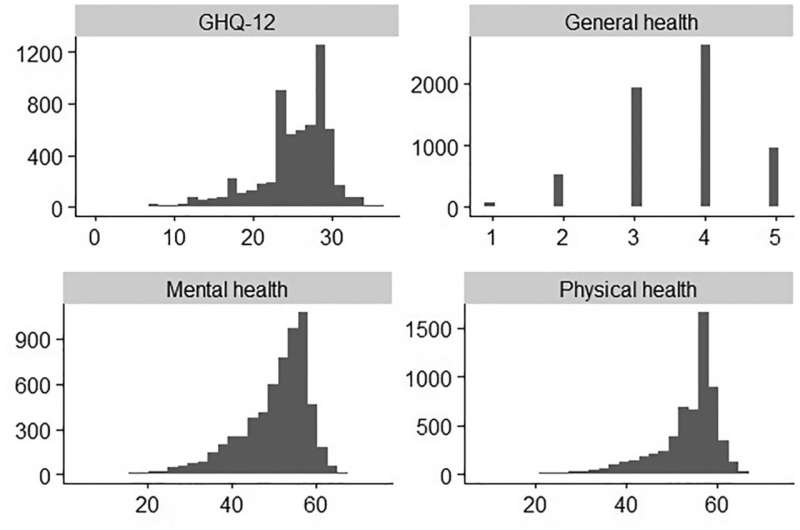This article has been reviewed according to Science X's editorial process and policies. Editors have highlighted the following attributes while ensuring the content's credibility:
fact-checked
trusted source
proofread
Study highlights link between performance-related pay and ill health

A study led by the University of Aberdeen has found that workers who rely on performance-related pay (PRP) are at higher risk of chronic stress, heart disease and poor mental health.
The study, which has been published in the journal Industrial Relations, found that PRP contracts—often associated with the so-called 'gig' economy—were linked to poorer mental health and higher blood pressure.
For the first time, it has also shown that PRP employees—particularly men—have higher levels of fibrinogen which is associated with chronic stress.
The study highlights a need for firms that use PRP contracts to consider implementing policies to alleviate worker stress.
Previous studies of the relationship between PRP and health have been inconclusive and largely based on self-reported data which is vulnerable to bias.
In this study, scientists undertook a rigorous statistical analysis of data from the nationwide UK Household Longitudinal Study (UKHLS) which included medical information on physiological measures of stress, such as blood pressure and stress biomarkers in blood samples.
The results present the clearest picture yet of the link between PRP and ill health.
Professor Keith Bender, SIRE Chair in Economics at the University of Aberdeen Business School, co-authored the interdisciplinary study with academics from the Business School and the University's Institute of Applied Health Sciences.
Professor Bender said, "Our study provides evidence for physiological wear and tear in PRP workers and is consistent with previous research showing they are more likely to have poor health, including self-reported mental health issues and cardiovascular health issues."
"For the first time, we also show that PRP employees—particularly men—have higher blood pressure and higher levels of fibrinogen which are closely associated with chronic stress."
Dr. Daniel Powell, a study co-author who works at the University of Aberdeen's Institute of Applied Health Science, said, "Chronic stress in PRP employees may be due to the need to put in more effort at work, work under time or performance target pressure, or stress associated with an uncertain income stream."
"Regardless of the causes, chronic stress may exacerbate health issues by adding strain onto physiological systems or leading to unhealthy coping mechanisms such as alcohol and drug use."
Professor Bender added, "In summary, our results indicate the use of PRP contracts may have unintended consequences for employee health impacting on employee well-being and long-term productivity in the workforce."
"With this in mind, it's important for firms to consider the potential impact on their employees and implement policies to support their well-being."
More information: Nicole Andelic et al, Performance‐related pay, mental and physiological health, Industrial Relations: A Journal of Economy and Society (2023). DOI: 10.1111/irel.12334



















